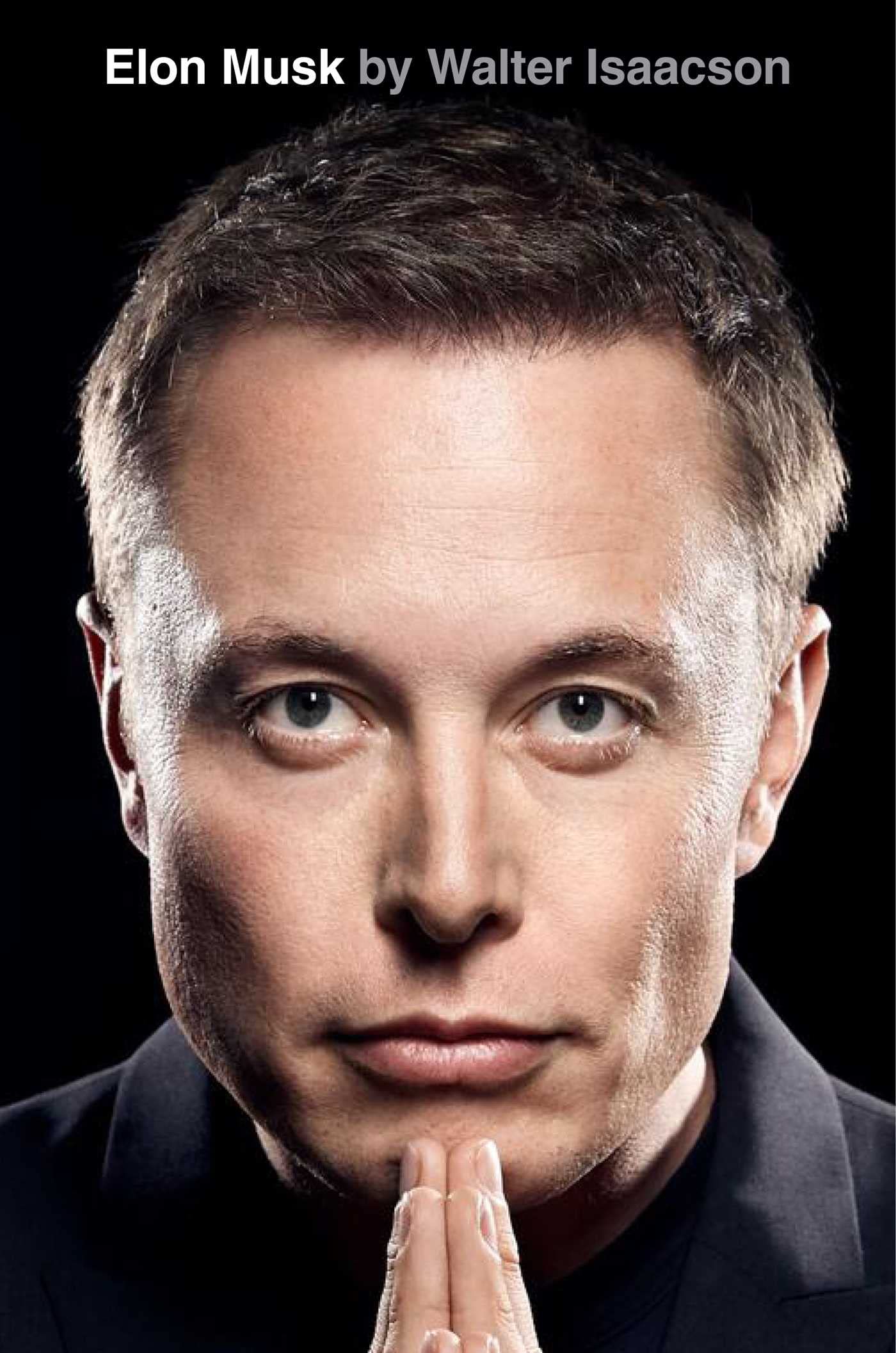84. Content Moderation
byContent moderation became a central focus for Elon Musk in his first week as owner of Twitter, particularly after the controversial actions of Ye, the artist formerly known as Kanye West. Ye’s provocative “White Lives Matter” T‑shirts and a tweet about Jewish people ignited a firestorm on social media, leading to his permanent ban from the platform. Musk’s interaction with Ye underscored the challenges inherent in balancing free speech with the need to maintain a safe, respectful environment on Twitter. Musk’s initial response was to propose the creation of a content moderation council that would bring in diverse, global perspectives to handle complex content-related issues. However, as time went on, this idea lost momentum, and the concept of a formal council began to fade from Musk’s priorities, illustrating the difficulties of implementing effective moderation in a platform with millions of diverse users.
This chapter also introduces Yoel Roth, Twitter’s new head of content moderation after the firing of legal officer Vijaya Gadde. Roth, a 35-year-old with a history of outspoken views, particularly on conservative issues, was suddenly thrust into the position of overseeing Twitter’s content policies under Musk’s leadership. Despite his personal leanings, Roth sought to find a balance that would allow Twitter to remain a platform for free expression while also addressing Musk’s desire to reduce harmful content. This challenge was compounded by Musk’s own concerns about internal sabotage, which led him to take steps to tighten control over access to Twitter’s security tools. These tensions highlighted the difficulty of moderating content on a platform with such global reach and the clash between Musk’s desire for unfettered speech and the practical realities of maintaining a safe, inclusive space.
The narrative unfolds as Musk made several impulsive decisions to reinstate controversial accounts, such as those of Jordan Peterson and the Babylon Bee, which further fueled the debate over content moderation at Twitter. Musk’s actions seemed to prioritize free speech, but this led to a rise in harmful and polarizing content, forcing Roth and his team to intervene with a non-removal policy. Roth’s strategy aimed to moderate content without banning users outright, attempting to strike a balance between maintaining the platform’s commitment to free expression and protecting users from harmful speech. However, this approach raised its own set of challenges, as it lacked the consistency and clarity that many users and advertisers sought from Twitter.
Key figures like David Sacks and Jason Calacanis emerged as influential voices during this period, advising Musk on issues related to free speech and moderation. Their involvement added to the complexity of the situation, as each advisor brought their own perspectives on how Twitter should manage content in the wake of Musk’s changes. These advisors helped shape the discussions around content moderation, with Musk trying to balance differing opinions on how to regulate speech without stifling it. The chapter reveals the chaotic and difficult transition phase at Twitter, where Roth’s attempts to address the rising tide of hateful content were often at odds with Musk’s vision of a platform unbound by traditional moderation policies. The constant struggle between upholding free speech and ensuring safe online spaces underscored the deep challenges of content moderation, especially on a platform with such broad global impact.
As the narrative unfolds, it becomes clear that content moderation is not simply a matter of setting rules but involves navigating a complex web of legal, ethical, and practical considerations. Twitter’s leadership, under Musk’s influence, had to contend with increasing pressure from advertisers, users, and activists, all while trying to adhere to a policy that reflected Musk’s personal beliefs about free speech. The chapter reflects on the ongoing difficulty of finding the right balance in content moderation, particularly when ideological considerations often clash with the need for coherent, consistent, and enforceable policies that protect both freedom of speech and the safety of users. This period at Twitter served as a stark reminder of the immense challenges tech companies face in managing content that can impact individuals, communities, and societies on a global scale.


